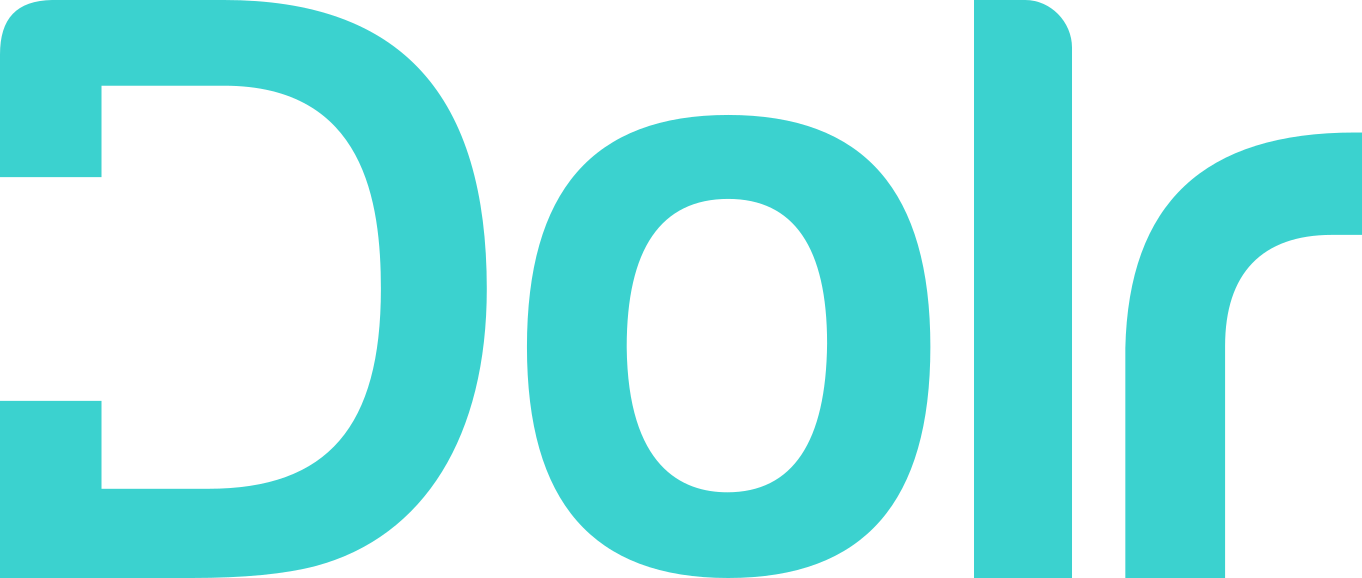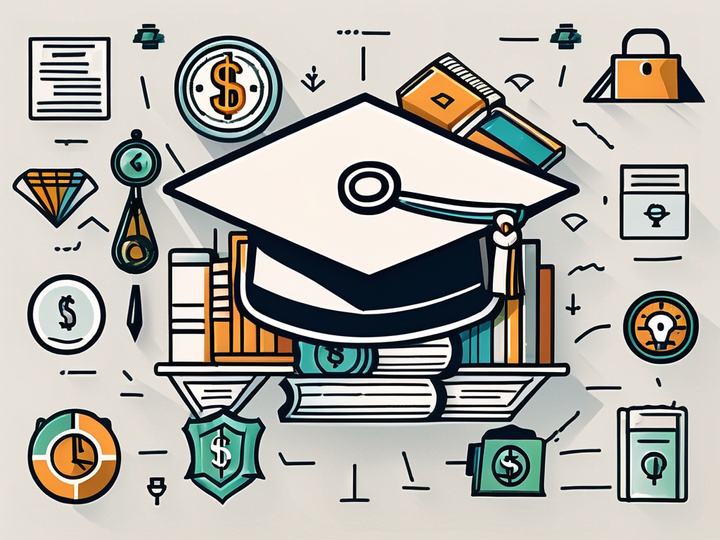Can You Pay Off Student Loans While Still in School?
Making payments on your student loans while you’re still in school may feel like a bit of a buzz kill. But it’s a choice that will pay you back in thousands more dollars in your pocket down the road.

For most students, the years you spend in school feel like a “free” zone from student loan worries. Yes, somewhere in the back of your mind you know they’re going to show up one day, but that’s for Future You to worry about.
Unfortunately, the blow can hit pretty hard once repayment begins. And the truth is, for borrowers with unsubsidized loans, not thinking about loans during school has actually set back your repayment efforts — before you even got started.
Making payments on your student loans while you’re still in school may feel like a bit of a buzz kill. But it’s a choice that will pay you back in thousands of dollars in your pocket down the road.
Subsidized vs unsubsidized loans
Let’s talk about subsidized versus unsubsidized loans because this is the area where it matters the most.
In many ways, your experience of a subsidized loan isn’t that different from an unsubsidized loan. They both help fund your education, and you have to pay both of them back after you graduate.
But there’s one big, very important difference.
A subsidized loan does not accrue interest while you’re enrolled in an undergraduate program. That’s also true if you enter deferment and during grace periods.
An unsubsidized loan, on the other hand, does accrue interest while you’re enrolled in either an undergraduate or a graduate program. You are responsible for the interest on the loan from the moment it’s disbursed until it’s repaid in full. That means the balance on the loan when you enter repayment will be higher than what you borrowed.
You may have picked up on the fact that subsidized loans are only available for undergraduate — not graduate — education.
So if you’re in graduate school right now and you have federal student loans,they’re accruing interest.
How does interest accrue while you’re in school?
If you have unsubsidized loans, then interest accrues at the rate you agreed to when you signed the promissory note for your loan. So if you borrowed $40,000 at a 5% interest rate and started repayment four years later, you would have accrued $8,000 in interest.
The kicker is that the interest capitalizes once the grace period ends and repayment begins. That means the lender adds your accrued interest to your loan balance, and new interest begins accruing on that new balance.
So in the above example, your loan balance goes from $40,000 to $48,000. And you get charged 5% interest on the new balance of $48,000.
See: When Athletic Scholarships Don’t Erase Student Loan Debt
Paying interest on student loans while you’re in school
You can see why someone might want to pay interest on their student loans while they’re still in school.
In the above example, that $48,000 balance would give you a monthly payment of $509.11 under a standard repayment plan.
But what if you made interest-only payments for those 48 months between when your loan was disbursed and when you entered repayment?
Your monthly payments would be $424.26, and you would save over $2,000 in interest payments.
By paying that $8,000 in interest during school, you end up paying around 32% in interest rather than the 34.5% you’d pay if you wait until after repayment begins.
The more you borrow, the more you can save by making those interest-only payments while you’re in school. And the longer your repayment term, the more interest you’ll have to pay on that higher balance if you don’t pay off the interest.
Note that prepayments made while you’re in school do not count as qualifying payments if you’re applying for a forgiveness program like PSLF.
See: Student Loan Anxiety: How Debt Impacts Your Mental Health and Your Relationships
Benefits of paying off student loans while you’re in school
Most students probably can’t afford to make full payments on their student loans while they’re in school — otherwise, they wouldn’t have borrowed the money in the first place. (Of course, if you’ve suddenly come into a cash pile, by all means, start making those payments.)
But paying the interest is significantly better than paying nothing. Here’s why:
- You’ll have a lower balance when repayment begins. That capitalized interest is brutal — paying interest on interest? Rough. Avoid it by paying the interest before they can capitalize it.
- You’ll have lower monthly payments. You saw in the example above that a lower balance means lower monthly payments on a standard repayment schedule.
- You’ll be developing good financial habits. Those first monthly student loan bills hit a lot of borrowers like a punch in the gut. You’ll ease into it and already be used to making payments when actual repayment begins.
- You’ll pay less interest overall. It can sound a little funny — paying interest all through school means you’ll pay less interest? True story. By paying that interest early on, it doesn’t get capitalized, and you don’t have that higher balance to accrue higher interest.
- You’ll be able to deduct that interest from your taxes. Did you know that you can deduct any interest you paid on student loans from your taxes? Up to $2500 annually.
See: Borrowers Like You: From a Ballooning Loan Balance to a Pay-off Plan
How to pay student loans while still in school
Whether you’re making interest-only payments, paying as much as you can each month, or paying the full amount, you need a system that’ll make it easy.
You won’t be getting monthly bills since your loans aren’t in a repayment period. And you’re spending a lot of mental energy on school, so it’s probably best not to rely on your own memory for making those payments.
Setting up an automatic payment is the best way to make sure you’re actually making the payments you want to be making. You can contact your loan servicer to set up autopay. You can also sign up for the Daily Dolr, which gives you the flexibility to make payments of different amounts each month or pause payments if you’re short on cash while still doing the whole set it and forget it thing.
Contributed by Katie Taylor.



